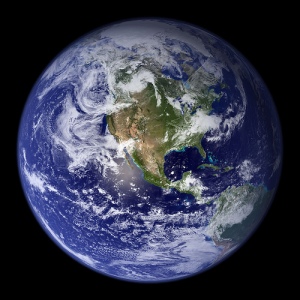What do you desire?
by ariadnesthread101
I must warn you that this is an irritatingly happy post in which I attempt to make you feel positive about not knowing what to do for a job. Please bear with me.
We started to look at this question the other day at Ariadne’s Thread: What do I desire? There were about 8 people in the room, and we (okay, you) spent ten minutes writing down what we thought we would like to do after the Masters. I’ll only be able to get to the promised individual responses and suggestions in a couple of weeks, but until then I thought I’d address a theme that came up again and again:
Everything is interesting / I don’t know.
You know what you’ve done before. You know you want to do something different. Exactly how, and what, are where? Who knows. This is fine.
In the next post, I’ll put up a few pointers that can edge you along the path from ‘This is what I already have or can do’ to ‘I have some experience.’ That part is actually incredibly easy. The world is waiting with arms wide open for people to do something, anything. And you’re all here, so you must want to 🙂
But over the longer term, you have two options. You can either just go where the wind blows you, and take the first thing that comes up after you graduate. Whether it is aligned with your imagination or not. Or you can dig a little deeper and find what kind of sustainability-related challenges really interest you.
As I said in a previous post, environmentalism and sustainability span
EVERY. AREA. OF HUMAN ACTIVITY IN THE BIOSPHERE.
That makes picking one thing even more challenging if you’re not already drawn to something.
How do you start? (If you do in fact wish to pick that is.)
Here’s 3 things you could try to answer. Answers to these questions can give you important clues as to what sort of work would make you happy.
1. What did you like to do when you played as a kid? Did ever choose to do anything ‘environmenty’ in school or just by yourself? What was it?
2. Fast-forward to now. When you think of all the stuff you could do for the environment, what makes you feel like this:
Is it finding the answer to a problem? Is it communicating with other people? Teaching others why they should care? Helping to plant a forest? Diving in an ocean? What would make you want to hug the planet? (The stoniest troll has this feeling sometimes 🙂 )
What would you do if you felt free to choose?
I’ve fallen a little bit in love with this video where Allan Watts asks: What would you do if you had no money? Which is one way of asking (since money is usually a big constraint). I’m not posting the video to advocate a cashless life, or to eclipse the difficulty between desire and getting paid to execute it. I’m posting it because I believe that challenging as those issues may be, the alternative – (doing something you don’t really like) – is difficult and very uncomfortable. And I believe it’s incredibly important to live a happy, fulfilled life. People do stuff they hate every day because they ‘have to’ (real or imagined). Imagine for one second that there are no have-tos in your life. Anything is possible. Imagine that scenario again and again and again, do you return to the same sort of answer again and again (or do you want to do a bunch of things? That’s cool too.) If all you can think of are the limits, write them down and place that list to one side. And forget about them for one minute.











